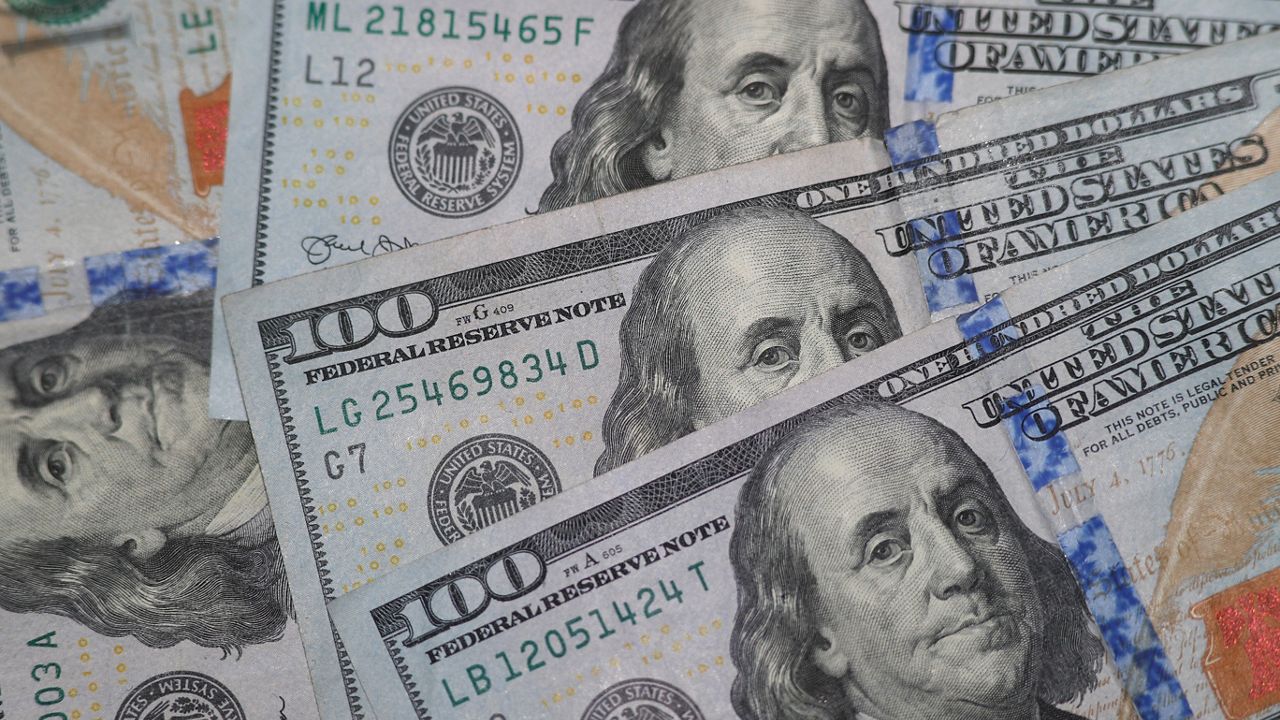Budget officials in Gov. Kathy Hochul's administration expect revenue from the state's primary source of money — the personal income tax — to decline amid concerns over a curdling economy and project gaps in coming years.
How much New York collects in taxes will matter for future budget debates over top-tier items in the state's spending plan, broadly determining how New Yorkers receive services like health care and education. An economic downturn could make for fewer resources and more pronounced debates over taxes and spending.
Hochul's office Monday evening released a quarterly update on the state's finances, finding revenue from the personal income tax will likely be "reduced substantially" from initial projections given the economic headwinds and a shrinking gross domestic product over the last two quarters nationally.
The Division of Budget is estimating downward by billions of dollars how much New York will receive from the personal income tax. It still projects a surplus for the 2022-23 fiscal year beginning next April of $2.3 billion. But budget gaps are expected to open up from there at $310 million the following year and then $3.6 billion after that based on the current rate of spending and expected revenue.
By the 2027 fiscal year, the budget gap could reach more than $6 billion.
Nevertheless, Hochul's office pointed to efforts the state has taken to weather a potential storm.
"Like the rest of the country, New York State is facing substantial headwinds with a changing national economy, and our latest update to the Enacted Budget Financial Plan reflects that," Hochul said. "While the Plan incorporates future budget gaps, our commitment to fiscal discipline and planning for a rainy day remains and reserve fund deposits and balances will stay at the elevated levels we have planned."
New York was flush with cash this winter thanks to federal pandemic relief as well as increased taxes on upper-income earners in the state. The added revenue allowed state lawmakers and Hochul to increase spending for schools and health care programs as well as send rebate checks to property taxpayers.
Hochul's office also pointed to the added cash to New York's budget reserves as a safeguard against an economic slump. The goal is to eventually reach $19.4 billion in reserve funds, equal to 15% of the state's overall operating spending.



